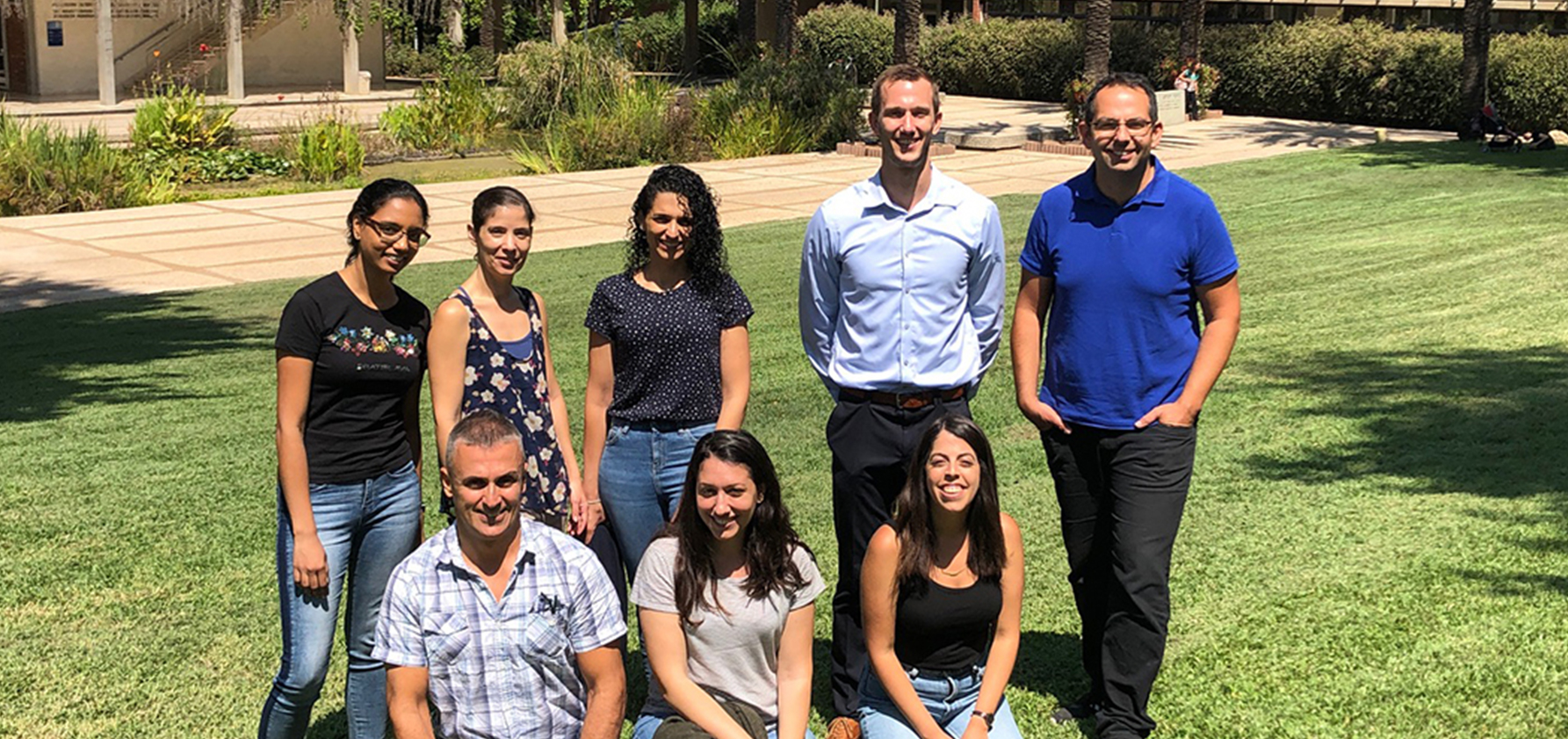
My invitation to the Hebrew University of Jerusalem (HUJI) marked the initiation of a collaboration between myself and Prof. Zvi Hayouka, an assistant professor at the HUJI campus in Rehovot, Israel. After meeting at a conference in 2014, we found we both have a mutual interest in studying the chemical basis for cell-to-cell signaling in bacteria. In particular, we had both been researching a cell-density dependent means of chemical communication called quorum sensing in the bacteria Bacillus cereus. After starting my position at Moravian, I invited Zvi to give a talk at Moravian College in 2017. He then invited me to come to the HUJI this summer to collaborate on developing new molecules to modulate quorum sensing in B.cereus.
B.cereus is an opportunistic pathogen. This means that it is most harmful when it infects a person whose immune system is already suppressed. B.cereus can be carried on food and produce several toxic substances that encourage infection in a human host. Interestingly, the production of many of these toxins are regulated by quorum sensing. The bacteria cells secrete a molecule that consists of a short chain of amino acids, called a peptide, that allows them to “sense” each other and orchestrate colony-wide activities, like infecting a host. Zvi and I are interested in developing new derivatives of this peptide that will silence the communication in hopes of reducing the production of these toxins.
I was in Rehovot working on this project from July 10 to August 2. I made some great connections, learned some new techniques in bacterial cell culture and protein purification, and worked with HUJI students to synthesize several new peptides and test them in biological assays. I also gave a presentation about my research program at Moravian College to several of the HUJI faculty and student body.
Above photo: the Hayouka research group on the lawn of the Fribourg Building, the building where the Hayouka lab works.